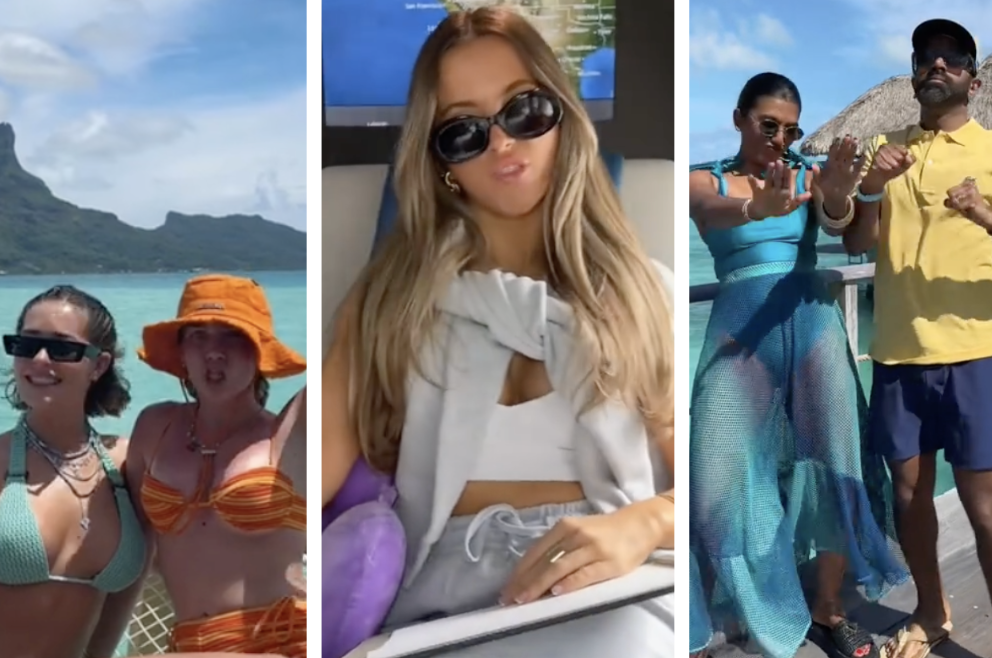Although the spectacle of influencers flaunting their affluence has long been a staple of social media, there are signs that audiences are growing tired of it. Experts say “influencer fatigue” is wearing on young people who crave authenticity as inflation rises and achieving a stable livelihood becomes increasingly difficult.
…
According to data from a YPulse study shared with Yahoo News, 45% of people between the ages of 13 and 22 say influencers just don’t have the same power that they used to. About 53% said they were more likely to trust recommendations from regular people online whom they don’t know rather than creators with large followings.
Influencer marketing once offered an alternative to typical celebrity marketing. Celebrities appeal to us as salespeople because of the psychological phenomenon known as the halo effect. If someone is talented or beautiful, we assume they are highly qualified in other ways as well, which boosts sales. Influencers, who are powerful but not conventionally famous, offered a more relatable and accessible alternative. They’re far enough removed from celebrities that we can relate to them — until we can’t.



The last point has to come with a huge caveat. Some of those developing countries are pretty unsafe outside of resorts without a guide or a local that knows where you should and shouldn’t go.
There’s certainly more dangers and risk and that’s important to be mindful of, but I don’t agree that it should be limited to having to have a local or a guide.
Some more unsolicited advice to that end.
I know that’s seems like a lot, but it really boils down to being mindful, aware, and prepared.
Edit: split out conflicts and biases and removed a mansplainy bit.